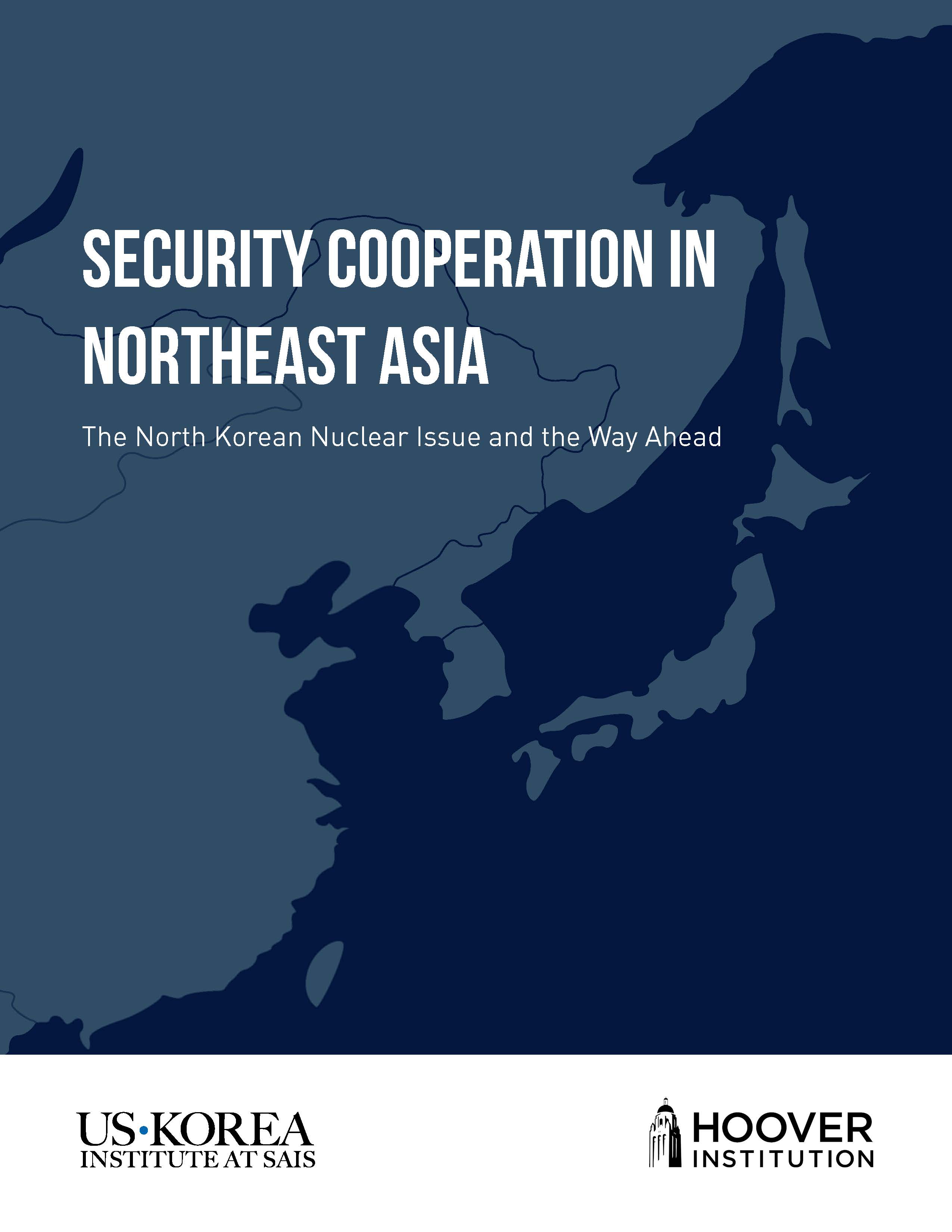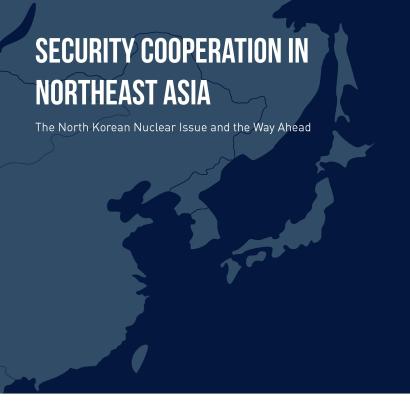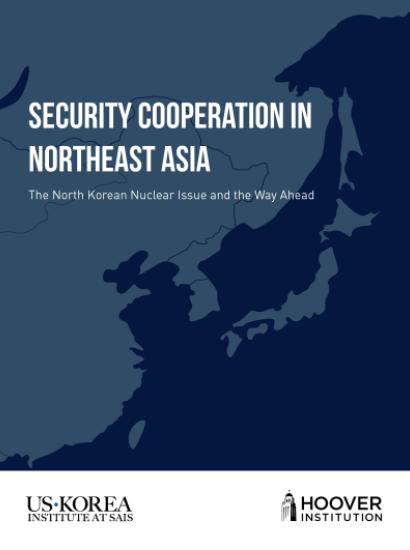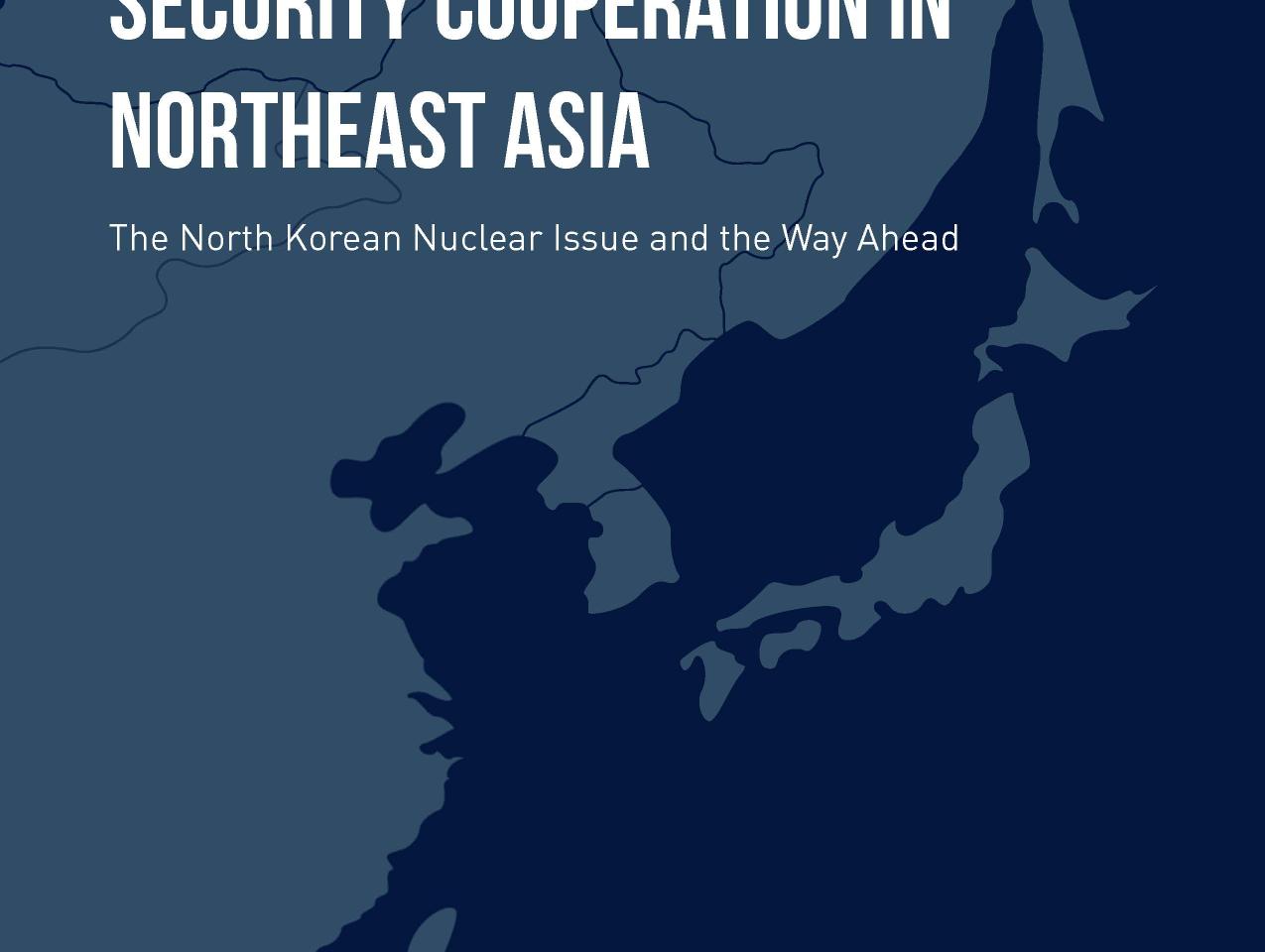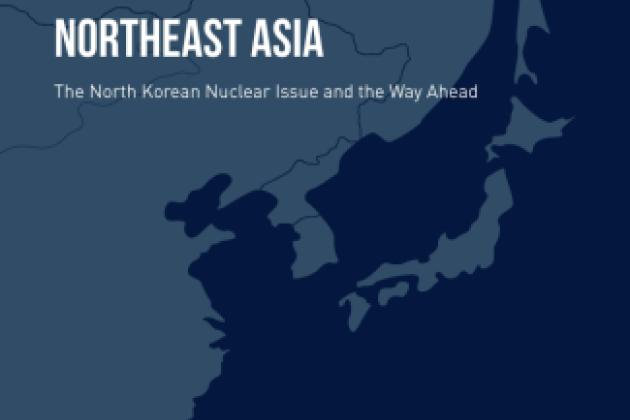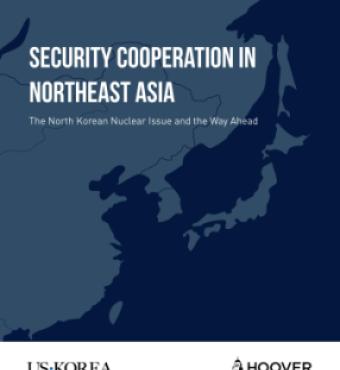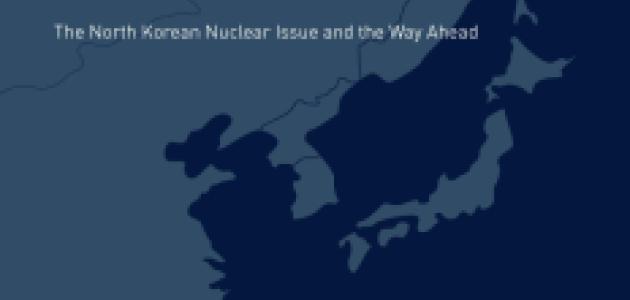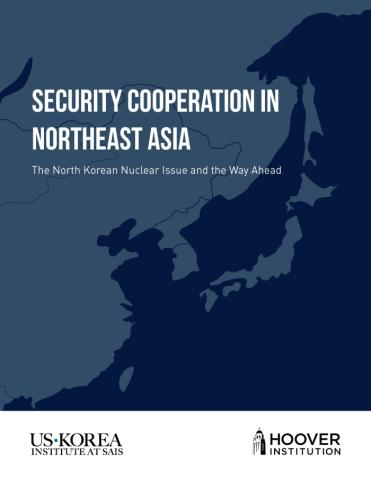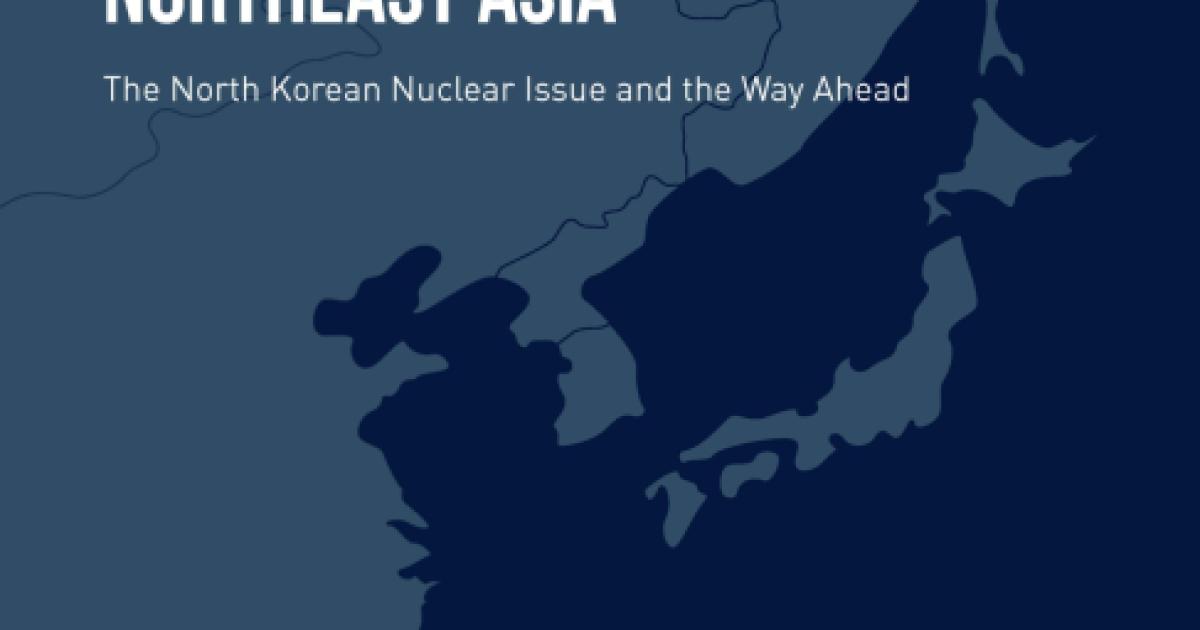The Hoover Institution and the US-Korea Institute at the Johns Hopkins School of Advanced International Studies (SAIS) held a workshop on Northeast Asia during June 16-17, 2016, at Stanford University. Chaired by Thomas W. and Susan B. Ford Distinguished Fellow and former secretary of state George Shultz and Senior Fellow and former secretary of defense William Perry, forty area and functional experts, academic specialists, and retired diplomats were convened. Security Cooperation in Northeast Asia: The North Korean Nuclear Issue and the Way Ahead reports their findings and recommendations.
Participants agreed that the North Korean nuclear issue has worsened dramatically since the end of the Korean Peninsula Energy Development Organization in 2006 and the collapse of the Six-Party Talks the following year. Apart from largely symbolic actions such as condemnatory UN resolutions and new sanctions, little has been done to address the problem. Meanwhile Pyongyang has made significant progress on its nuclear and ballistic missile programs, further weakening stability on the Korean Peninsula and the Asia-Pacific. As Kim Jong Un continues efforts to consolidate his leadership and stabilize the economy, a North Korea collapse scenario looks unlikely anytime soon. The United States must take a more active role in finding a solution.
Even though no one regarded it as a panacea, the consensus was that engaging North Korea has been more effective than isolating it. Engagement could be conducted in phases, moving from Track II dialogues to working-level talks and eventually to more formal negotiations. As this process unfolds, coordinating with South Korea and other countries in the region is crucial. Many participants suggested expanding the negotiations to include broader regional issues as a way to build trust and the momentum for talks. Participants also agreed that the next administration should conduct a “Perry Process” II to search for new ideas and build a bipartisan policy consensus.







